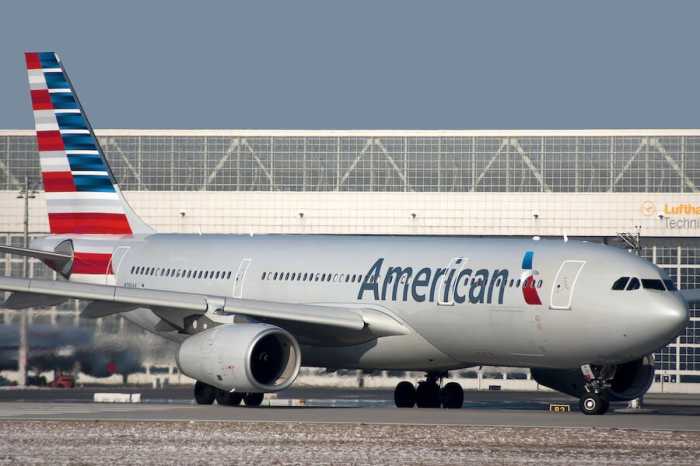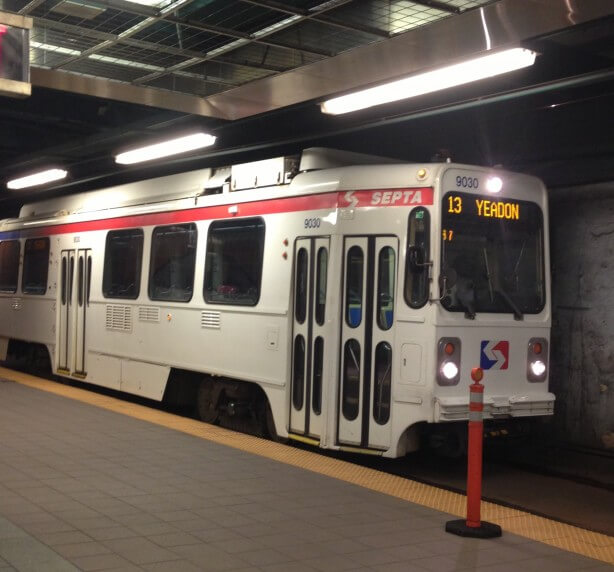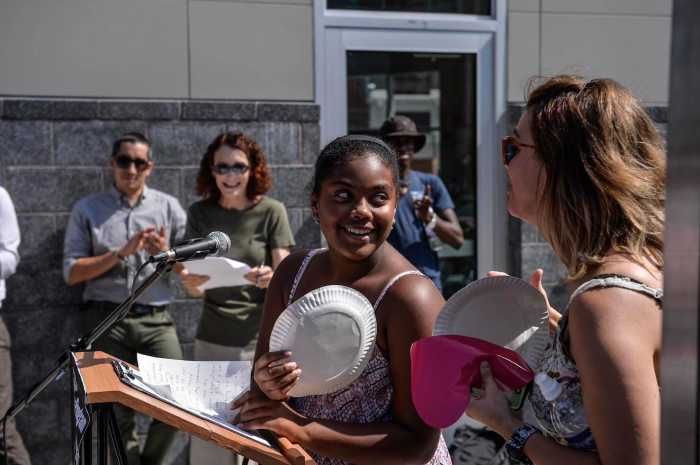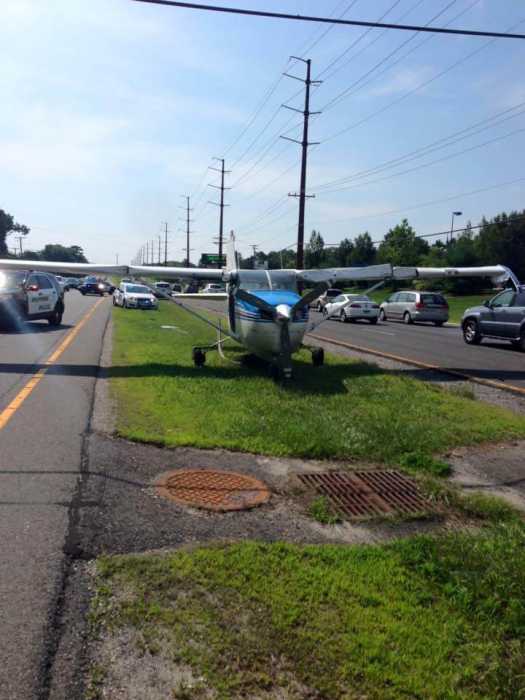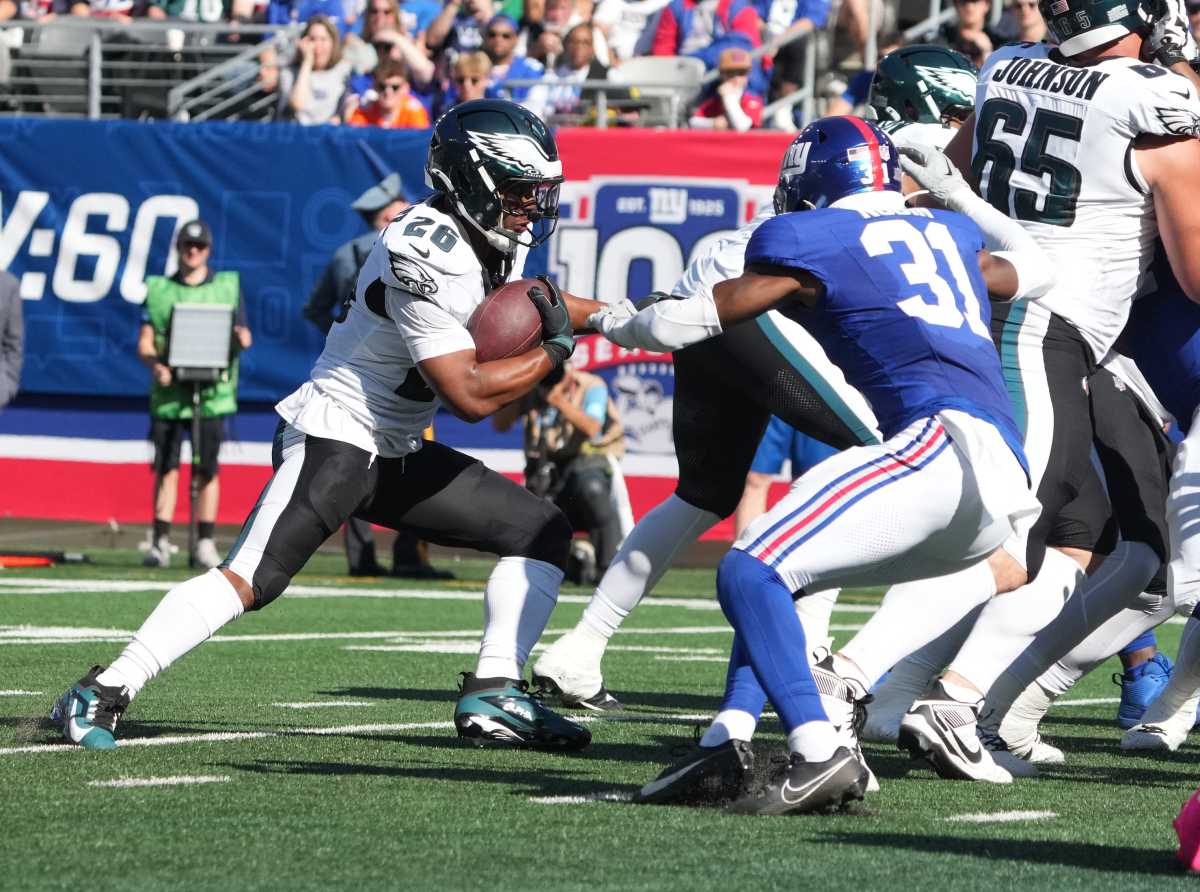Air quality is a serious matter to anyone who has ever been on the receiving end of a belch of diesel smoke out the back of a truck or bus.
In Philadelphia, that situation will start improving soon, as SEPTA learned Tuesday they will get a grant to acquire 25 zero-emissions electric buses, which will roll out along the 29 and 79 bus routes in South Philly. “I’m super pumped!” said Jen Hombach, a Morris Street resident – where the 29 bus travels – and environmental activist with 350 Philly.
“The electric buses would be such a difference,” she said. “If I want to walk to the shops at Columbus Commons, now I won’t have to deal with breathing the fumes when the bus is rolling that way.” RELATED:End in sight for Philly’s battle with Uber and Lyft? The grant – approximately $2.5 million – will go toward 25 new electric buses as part of a pilot program to see how the technology fares in Philly.
SEPTA will be buying 40-foot Proterra Catalysts, which can carry 77 passengers, similar to current buses. The rest of the money for the total cost of the project — $23.9 million— has already been budgeted. “We have one of the greenest bus fleets in the country,” said SEPTA deputy general manager Rich Burnfield, citing that more than half of Philly buses are hybrids. “With 25 electric buses, this is a real opportunity to pilot those vehicles. I think it will be a great enhancement for the Authority, for our customers and for the residents.” Two canopy-style charging stations will be installed along the routes. Some retraining for SEPTA operators and mechanics is anticipated, Burnfield said.
RELATED:Family of slain South Philly fruit vendor still prays for justice “That would be one of the biggest if not the biggest transit agency investment in zero emission buses in the US northeast,” said GinaCoplon-Newfield, director of the Sierra Club’s electric vehicles initiative. “Philly would become a real leader in terms of investing in zero emission buses.” In New York City, there are no plans to buy electric buses, and they are still buying diesel, compressed natural gas (CNG), and “clean” or low-sulfur diesel buses, which an MTA spokesman said are as fuel-efficient as hybrid buses. The MTA last bought hybrid buses in 2010. In Boston, they are planning to buy 325 new buses – hybrids and CNGs — by 2017, an MBTA spokesman said, but are also working on contracts to acquire five electric articulated buses from CTE and New Flyer. As lithium battery technology evolves driven by demand for personal electric cars, costs are dropping.A feasibility study by SEPTA found that electric buses would cost just $0.27 per mile in electric power to operate.When Tesla’s Gigafactory in Nevada reaches full capacity in 2020, it is projected to producemore lithium ion batteries per year than were produced worldwide in 2013. Proterra CEO Ryan Popple predicted the electric vehicle industry, including public transit, will expand dramatically in the next decade.
“We look at electric vehicles as so futuristic, but from a technological perspective, they’re so simple,” Popple said. “It’s no more futuristic or exotic than plugging in an appliance.” Costs for the technology are steadily dropping as electric vehicle battery technology becomes more efficient. Electric bus prices have dropped by more than $500,000 in the last five years, Popple said, and Proterra currently prices them at $650,000 to $750,000. As prices drop, Popple predicted, the electric vehicle market will become “disruptive” of the traditional combustion-engine vehicle market.
“It’s quite possible that combustion vehicles become entirely extinct within the next five to 10 years because of the cost deficiency,” he said.
“What do we to get all the way there, to be zero-percent emission or to power these vehicles with nothing but renewable energy? As procurements of diesel and natural gas slow down, it’s about asking transit managers: are these [diesel buses]really a good idea long-term?”
Philly to become first big city on East Coast with electric buses
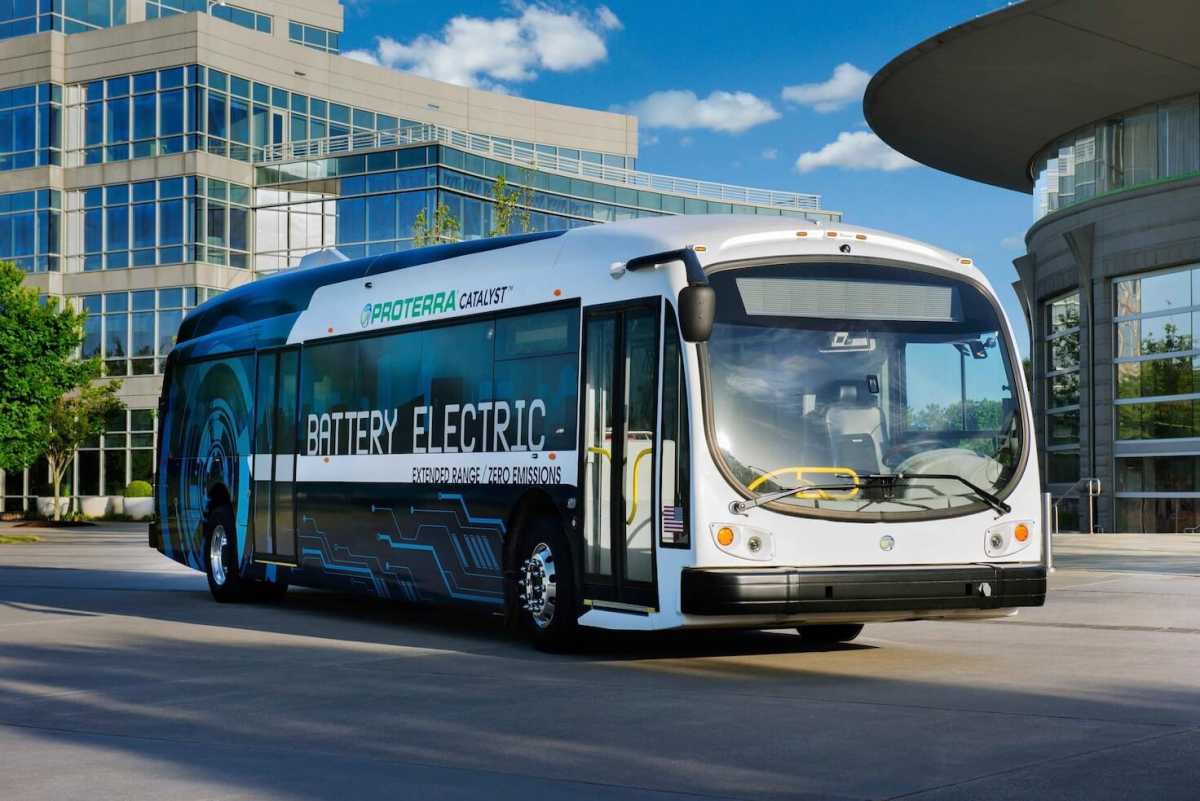
Courtesy of Proterra



